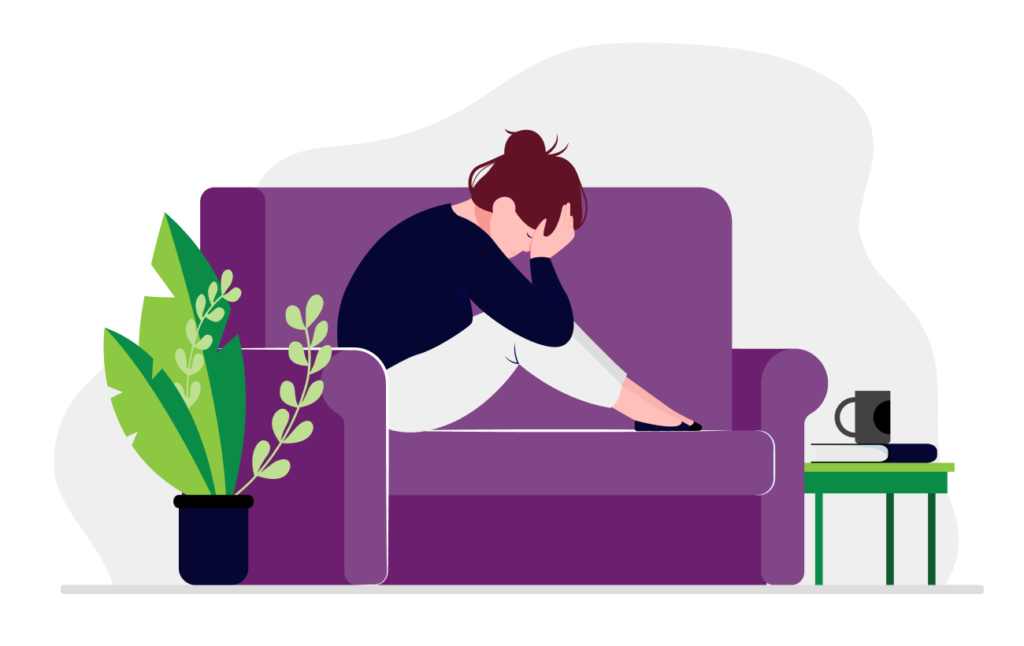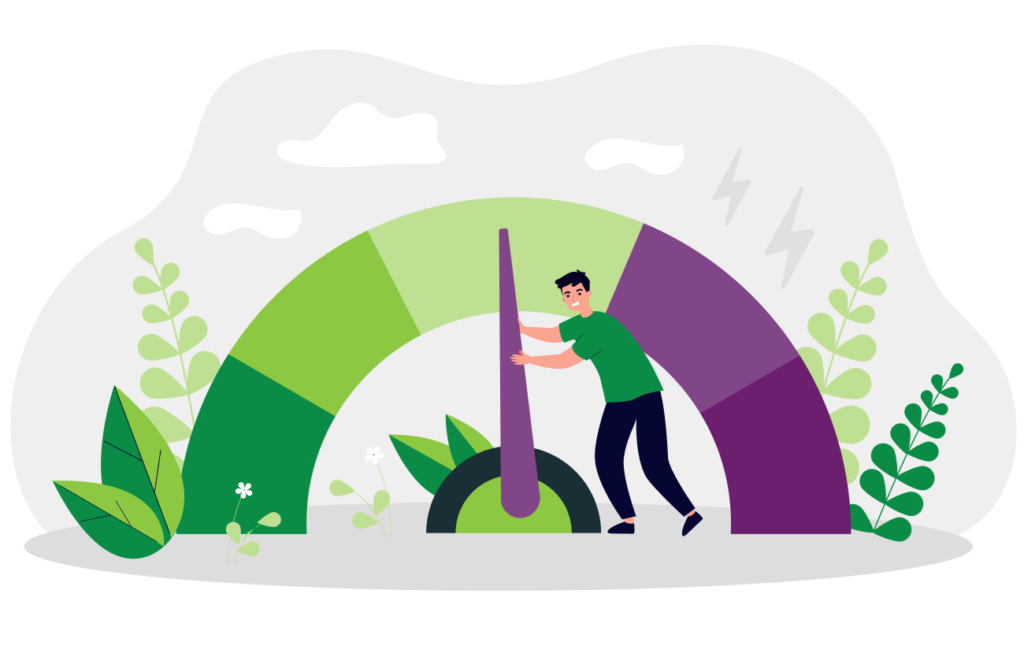Pandemic Rules are Changing: Are You Ready to Rejoin the World?

Vaccination rates are up, and the CDC has relaxed rules for masks and social distancing. It’s everything you’ve been waiting for, but suddenly, you’re not so sure about getting back to normal.
If this sounds familiar, you’re not alone. And there are many reasons why you may be finding re-entry a bit uncomfortable. Perhaps you’re naturally introverted, and the pandemic has finally allowed you to enjoy time alone to recharge, so the idea of being constantly busy and surrounded by people lacks appeal. Or maybe you’re an essential worker who has kept your cool for months and now you’re finally getting a chance to think about the events of the last year and a half.
Stress Defense

In a recent article, Psychiatric Times reported that COVID-19 has caused major emotional, physical, and economic problems for people around the world who dealt with social isolation, unemployment, and working from home while caring for children and other family members.
While the rate of depression rose significantly overall, access to the following was shown to help people handle the strain more effectively:
- Social support
- Financial stability/employment
- Health care resources
- Safe workplace
- Wellness programs
- Adequate personal protective equipment
- Promoting diversity
- Timely COVID-19 testing
The Risks of Post-Traumatic Stress
Beyond the daily stressors affecting people during the course of the pandemic, witnessing others’ suffering and death, and the constant exposure to negative details about the virus created actual trauma for people.
Hospital staff and health care providers, first responders, journalists, and those who had COVID-19, as well as their families or close friends, are most at-risk for post-traumatic stress from the pandemic.
Signs It’s Time to Seek Help

If you’ve been feeling out of sorts, coping can be more productive with professional help. These are signs that it’s more than stress:
- New, negative habits that are interfering with day-to-day life
- An increase in eating, drinking or substance use, including smoking
- Avoiding things that remind you of your pandemic experiences—like doctor appointments
- Taking risks, like unprotected sex or aggressive driving
- Being more angry or easily irritated than usual
- Physical signs of stress, like teeth clenching, stomach pain, headaches, or panic attacks
- Nightmares about your experiences or the pandemic as a whole
If you’ve experienced any of these symptoms for two weeks or more, it’s time to seek care from a licensed therapist. Don’t wait. The earlier you recognize your symptoms and get help, the sooner you’ll start to feel better.
Get Started Today

CDPHP is here to help and offers a wide range of programs and services to treat mental health and substance use disorders. Among them, a new partnership with aptihealth provides members* with quick, convenient access to personalized therapy, all from the comfort of your home.
*Some employers who self-insure may not have this benefit. If you are unsure if your plan includes this benefit, please contact CDPHP member services.
 The Daily Dose
The Daily Dose
Comments are closed.